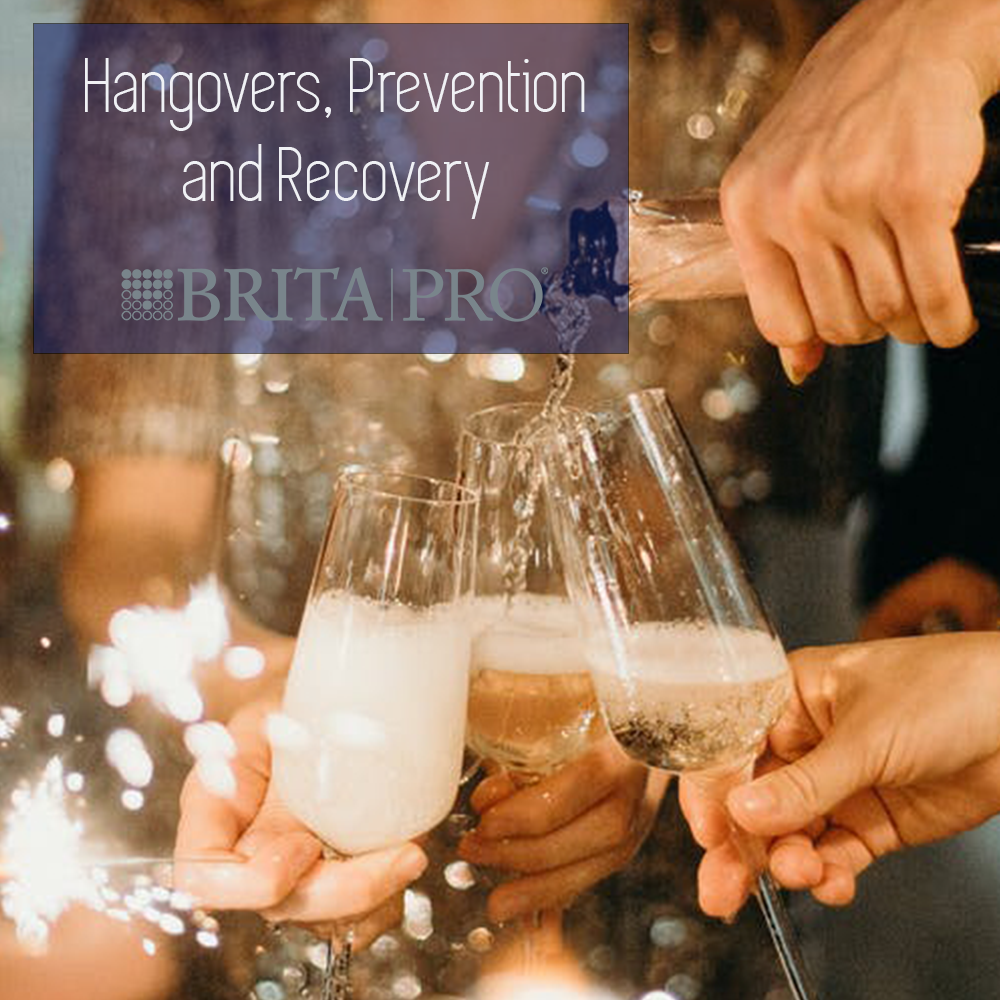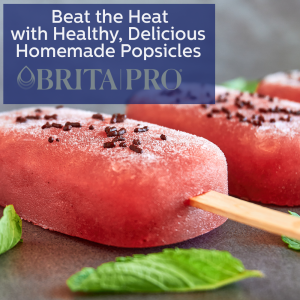
January 1st is not only the first day of the year, but is also recognized as National Hangover Day. On this date, many people experience the various unpleasant effects that can follow the consumption of alcohol. In fact, surveys indicate that more than half of all adult Americans intend to consume alcohol on New Year’s Eve and many will binge drink. If you happen to be one who celebrates the day with alcohol, or even if you do not drink but are helping to take care of someone who has, you may appreciate some helpful information about hangovers, prevention and recovery.
According to the National Institutes of Health (NIH), a hangover refers to a set of symptoms that occur as a consequence of drinking too much. Typical symptoms include fatigue, weakness, thirst, headache, muscle aches, nausea, stomach pain, vertigo, sensitivity to light and sound, anxiety, irritability, sweating, and increased blood pressure. A hangover can vary from person to person.
Number one on their list of factors that can contribute to hangovers is mild dehydration. They state that alcohol suppresses the release of vasopressin, a hormone produced by the brain that sends signals to the kidneys causing them to retain fluid. As a result, alcohol increases urination and excess loss of fluids. The mild dehydration that results likely contributes to hangover symptoms such as thirst, fatigue, and a headache.
Therefore, aside from total abstinence, one of the most helpful preventative steps you can take is to drink water with your alcoholic drinks and plenty the following day. Try drinking a glass of water between each drink containing alcohol. It can help hydration levels and could reduce the number alcoholic drinks consumed due to thirst. Additionally, you won’t be drinking alcohol while you’re busy drinking water. You can dilute alcohol further by adding more ice to your drinks.
Food in the stomach helps to prevent alcohol from passing quickly and into the small intestine so the alcohol is absorbed more slowly. Studies show that alcohol consumption has a direct correlation to an increase in insulin, resulting in low blood sugar. Eating a meal with protein, complex carbohydrates, and some fat can be helpful both before drinking alcohol and the next day also.
There may not be a magic cure and only time can truly help, but there are some steps that may help ease the symptoms. Although time must pass while the body is cleared of the toxic byproducts of alcohol metabolism, rehydration can help to restore tissues.
If you or someone you know is the life of the party, hangover prevention and recovery time can be assisted by balanced meals, and lots of water from a high-quality whole home filtration system. It makes pure, fresh water easy to access, encouraging and supporting adequate fluid intake.
Brita PRO’S whole home water filtration system offers smart, money-saving, sophisticated technology with a global reputation for water filtration leadership and innovation. Learn more about the Brita PRO difference at www.britapro.com.
Trust Brita PRO to protect your family’s water supply.
Only Brita PRO customizes its whole-home water filter to remove all impurities from your family’s water. And only Brita PRO tests your water with an independent, EPA-certified lab before and after installation to deliver the peace of mind you get when you know that your family is safe.




